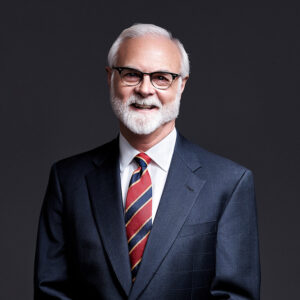
Meditating and Praying the Bible
Although the teaching about the devotional practice of Lectio Divina has predominantly resided in the domain of writers from the Roman Catholic tradition, in recent decades LD has captured the interest of a growing number of Protestants. In my reading as a professor of Biblical Spirituality, I have also observed a rapidly increasing interest in the practice among evangelicals, including some in my Southern Baptist family.
A 2023 book by Hans Boersma, Pierced by Love: Divine Reading with the Christian Tradition[1], has accelerated that interest to the degree that this article is appearing in an entire issue of a magazine devoted to the subject.
What Do You Mean by Lectio Divina?
As with term “mysticism”—another common term in the study of Christian spirituality—everything about Lectio Divina turns on the definition of the term and the description of its four elements: reading, meditation, prayer, and contemplation. Some advocates describe LD in a way that places very little emphasis on the Bible. Others do so in a way that sounds almost identical to what I have published in Praying the Bible.[2] Every Bible-believing Christian is for reading and meditating on the Bible, prayer, and deep experiences with God. This is the heart of the best forms of Lectio Divina and prevents practitioners from reading the Bible like historians. Even so, controversy almost inevitably arises over what is meant by the fourth step in LD, “contemplation.” It is especially here that many writers lean more into mystical experiences than on Scripture.Every Bible-believing Christian is for reading and meditating on the Bible, prayer, and deep experiences with God. Click To Tweet
The essence of Boersma’s position on contemplation seems to be this: “Only after much patient exploration of the sacramenta [reading, meditating, and prayer] do we get a glimpse of the res [reality] of God’s love as he takes us beyond our words into contemplation of the eternal Word. It is typically only after much practice that, with Saint Paul, some are caught up into Paradise itself (2 Cor. 12:4)” (15).
In the rest of the book he manifests a high view of Scripture, and there’s not much I would quibble about on the essentials of his approach to reading, meditating, and prayer. As an evangelical, his book would have been more persuasive to me had he used more examples related to these three elements from writers nearer to my theological tradition, but I understand that his subject is Lectio Divina and he wanted to focus on resources aligned closely with that. But for those who are interested, a look at George Müller’s testimony of how meditation on Scripture transformed his prayer life would be instructive.
Read the Full Article Here!

